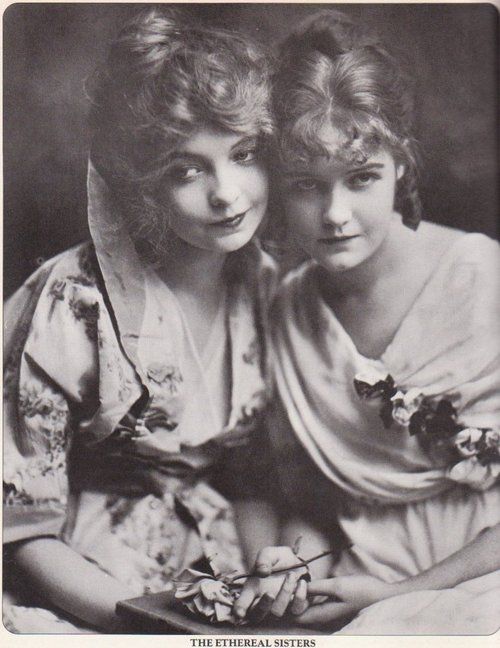Listen to this episode on Apple Podcasts and Spotify.
This season will interrogate a book that is considered by many to be the urtext of salacious movieland gossip: Hollywood Babylon. Written by Kenneth Anger, a child actor turned director of experimental queer art films, Hollywood Babylon has been derided by some readers as a work of dangerous libel for its embellishments and, in some cases, outright fictions about real people and events. (Originally published in France in 1959, the book was not widely available in the US until 1975). Others have celebrated Anger’s bitchy tome as the ultimate, camp trolling of the movie industry and all of its sordid hypocrisy and corruption. Over the course of a two-part season (with part one exploring the silent era and part two, to come later in 2018, stretching from the 1930s into the late 1960s), we will examine some of the stories Anger tells and the way he tells them, and we’ll try to figure out the real story. Throughout, we’ll talk about how the seemingly contemporary concept of “fake news” has played a key role in Hollywood’s star-making (and star-destroying) apparatus from the industry’s earliest days, and how such practices mutated through the work of counter-narrators like Anger and beyond.
The phrase “Hollywood Babylon” entered the vernacular thanks to D.W. Griffith, one of Hollywood’s first great directors, who followed up the racist smash The Birth of a Nation with a less-successful historical epic called Intolerance. Anger’s use of that film’s Babylon set, which was left to stand and decay for years after the film came and went, as the structuring image of his gossip bible, helps to set the ironic tone of the book. But what of Anger’s accusations that Griffith was a known pedophile, and that his stars, sisters Dorothy and Lillian Gish, were incestuous?
SHOW NOTES:
Sources:
This episode is a response to, and includes a brief excerpt from, Hollywood Babylon by Kenneth Anger.
The Parade’s Gone By by Kevin Brownlow
From Reverence to Rape by Molly Haskell
The Birth of a Nation: How a Legendary Filmmaker and a Crusading Editor Reignited America's Civil War by Dick Lehr
Lillian Gish: Her Legend, Her Life by Charles Affron
D.W. Griffith: An American Life by Richard Schickel
Sunshine And Shadow by Mary Pickford
Wally: The True Wallace Reid Story by David W. Menefee
Silent Stars by Jeanine Basinger
“From Movie to Masterpiece” by Denison Clift, Oakland Tribune, April 28 1918, Page 18
Music:
Original music was composed for this episode by Evan Viola. Most of the rest of music used in this episode, with the exception of the intro and outro, was sourced from royalty-free music libraries and licensed music collections. The intro includes a clip from the film Casablanca. The outro song this week is "Sister Like You" by The Auteurs.
Excerpts from the following songs were used throughout the episode:
Black and White Memories 3 - Martin Hall
Say It Is So - Magnus Ringblom
The Old House - Håkan Eriksson
Chamber String Rock - Håkan Eriksson
Sophisticated Gentlemen - Magnus Ringblom
The Smoke Room - Gunnar Johnsén
Jazz and Blue Piano 1 - Jonaton Jarpehag
Finkelstein’s Walk in the Rain - Per-Anders Nilsson
Credits:
Our special guest this week is TS Faull, who read from Hollywood Babylon. TS last appeared on You Must Remember This episode 49 in our "Charles Manson's Hollywood" season, in which he played Kenneth Anger.
This episode was written, narrated and produced by Karina Longworth.
Editors: Sam Dingman and Jacob Smith.
Research and production assistant: Lindsey D. Schoenholtz.
Social media assistant: Brendan Whalen.
Logo design: Teddy Blanks




